Understanding Temperature Probes
Temperature probes are essential instruments in various industries, designed to measure and monitor temperatures accurately. These devices come in multiple forms, including thermocouple probes, pt100 rtd probes, and infrared temperature probes, each tailored for specific environments and applications. Understanding the nuances of each temperature probe type is crucial for selecting the right tool for your measurement needs.
Types and Applications of Temperature Probes
The diversity of temperature probes caters to a broad spectrum of applications. For instance, a probe thermometer is commonly used in laboratory settings for precise measurements. In contrast, temperature probes for food are designed to ensure culinary processes meet safety standards. Industrial applications might favor a raspberry pi temperature probe for integration with automated systems, while an ir cooking thermometer is a non-contact option preferred in kitchens for its speed and hygiene.
Features and Materials
A temperature probe sensor is typically constructed from materials that can withstand extreme conditions without compromising accuracy. The build of a food temp probe, for example, is often stainless steel for its durability and resistance to corrosion. Digital advancements have led to the development of probe thermometer digital models, which offer precise readings and can often be connected to other devices for data logging and monitoring.
Advantages of Modern Temperature Probes
Modern temp sensor probes provide a range of benefits, from their versatility in measuring different environments to their enhanced connectivity features. Wireless and USB data logging capabilities are now common, allowing for efficient data collection and analysis. The non-contact nature of an infrared temperature probe offers the advantage of measuring from a distance, which is particularly useful in hazardous conditions or for quick assessments.
Selecting the Right Temperature Probe
When choosing a temperature probe, it is important to consider the specific requirements of your application. Factors such as temperature range, environment, response time, and accuracy are critical. Whether you need a robust food probe for the hospitality industry or a sensitive digital thermometer with probe for scientific research, the selection process should be informed by the probe's specifications and intended use.
Conclusion
In conclusion, the right temperature probe can significantly impact the efficiency and accuracy of temperature measurement in any context. By understanding the different types, features, and applications, users can make informed decisions to suit their specific measurement needs without the need for direct contact with suppliers on Alibaba.com.

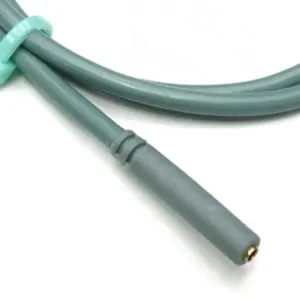







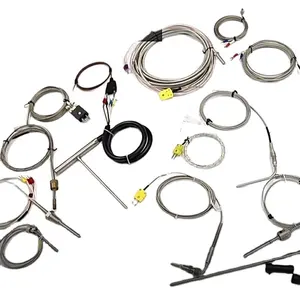


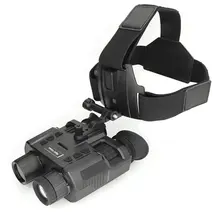
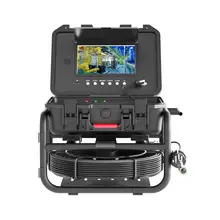

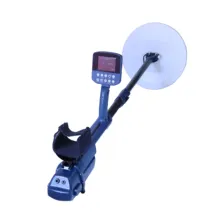



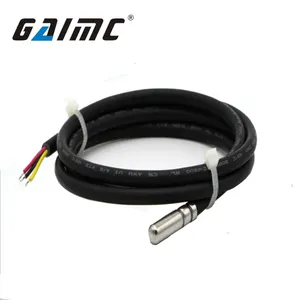













 浙公网安备 33010002000092号
浙公网安备 33010002000092号 浙B2-20120091-4
浙B2-20120091-4